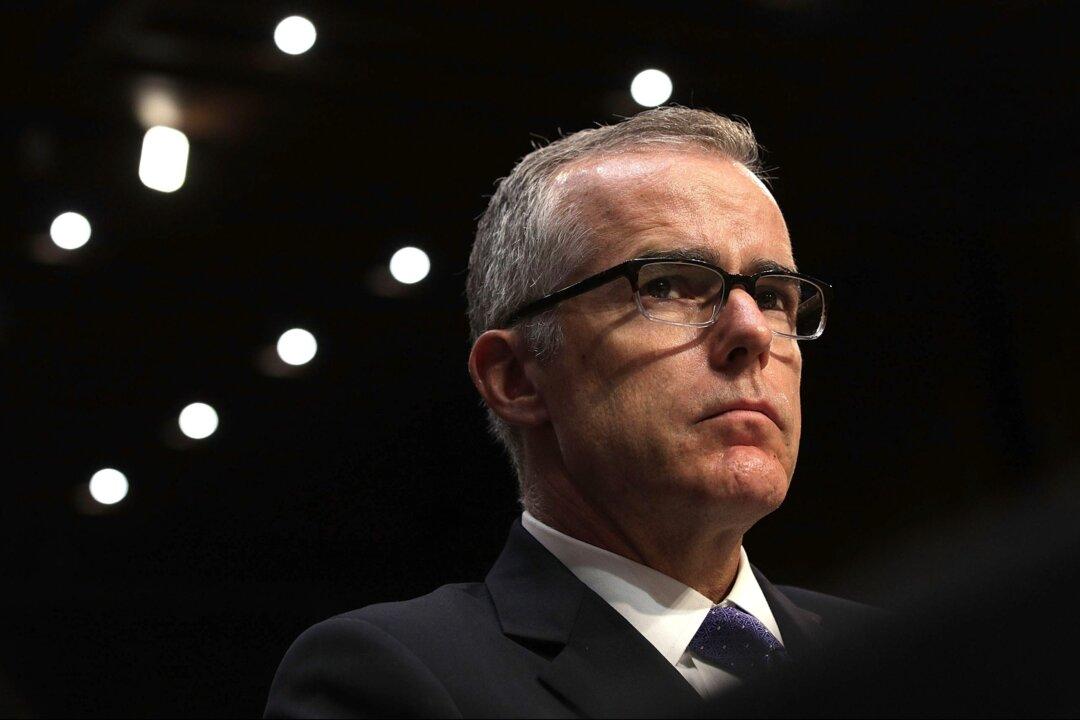A dossier containing Russian disinformation on Donald Trump, which was paid for by the Clinton campaign and the Democratic National Committee, was used by the FBI to obtain a warrant to spy on then-candidate Donald Trump’s team, reports an award-winning national security reporter.
Citing multiple sources, Sara Carter wrote on her website that the FBI used the dossier, alongside other evidence, to obtain a warrant from the Foreign Intelligence Surveillance Court, to spy on members of Trump’s team.




